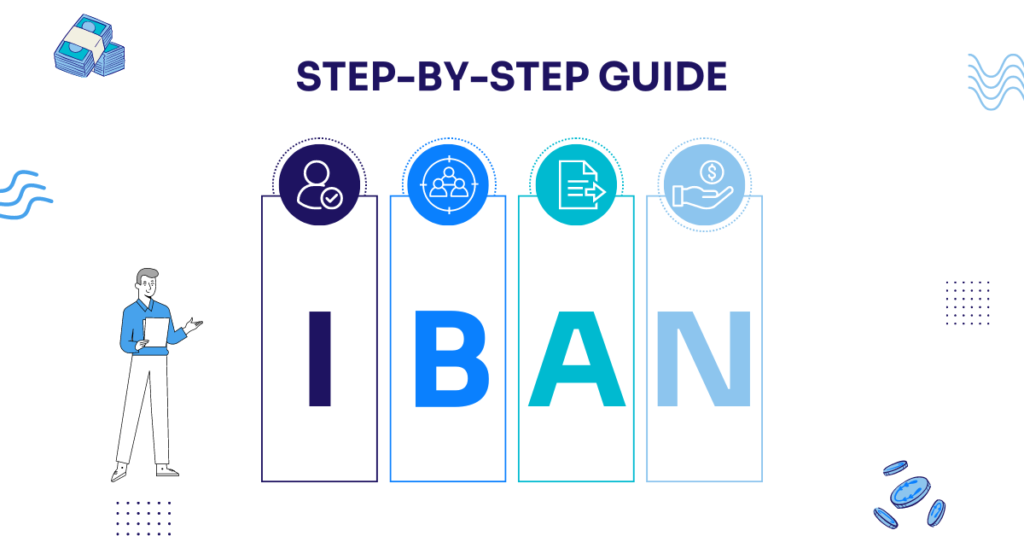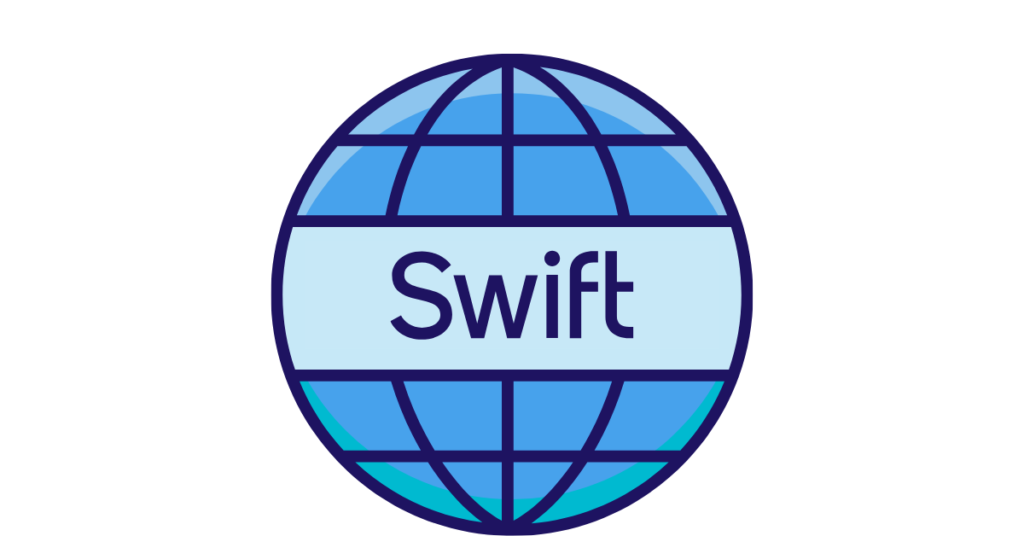Navigating the Regulatory Maze
In the dynamic world of business, regulatory compliance isn’t just a box to tick. It’s a critical component of operational success, especially for high-risk businesses. Whether you’re operating in the cryptocurrency, forex trading, or cannabidiol (CBD) industry, staying on top of regulatory changes is crucial. This comprehensive guide provides a step-by-step approach to help you navigate the regulatory maze and ensure your business remains compliant.
What are Regulatory Frameworks?
In the world of business, regulatory frameworks serve as the backbone of operations. These frameworks are essentially a collection of regulations or guidelines that are put in place by regulatory bodies to govern how businesses operate in specific industries. They are designed to ensure that businesses operate ethically, responsibly, and within the confines of the law.
Regulatory frameworks are structured sets of guidelines created by regulatory bodies that outline the rules, principles, and standards that businesses must adhere to in their operations. These frameworks are designed to ensure that businesses operate in a manner that is safe, ethical, and in line with the expectations of both the government and the public.
Regulatory frameworks can cover a wide range of areas, including but not limited to financial reporting, environmental protection, health and safety, data protection, and anti-corruption measures. They are typically enforced through a combination of legislation, regulations, and industry standards.

10 Steps to Effective Regulatory Compliance
Regulatory compliance is not a one-time task but an ongoing process. It requires continuous monitoring, training, and adaptation. By following the steps outlined in this guide, you can ensure your high-risk business remains compliant and ready to thrive in any regulatory environment.
1. Understanding the Regulatory Landscape
The first step to effective compliance is understanding the regulatory landscape. This involves familiarising yourself with the local, national, and international laws and regulations that govern your industry. The regulatory environment is dynamic and can vary significantly from one jurisdiction to another, making this step crucial for businesses operating in multiple regions.
2. Identifying Regulatory Changes
Regulatory bodies frequently update their rules and guidelines. To stay ahead, subscribe to newsletters, alerts, or RSS feeds from relevant regulatory agencies. Regular monitoring will ensure you’re aware of any changes as soon as they occur.
3. Leveraging Regulatory Technology
Regulatory Technology (RegTech) can be a game-changer for high-risk businesses. These solutions automate compliance processes, making it easier to monitor and comply with regulations. By leveraging RegTech, you can streamline your compliance efforts and reduce the risk of human error.
4. Consulting with Legal Experts
Legal experts and compliance consultants can provide invaluable insights into regulatory changes. Regular consultations can help you understand how these changes impact your business and what steps you need to take to remain compliant.
5. Training Your Team
Your team plays a crucial role in ensuring regulatory compliance. Regular training sessions can help your employees understand new regulations and how they apply to their roles. This not only enhances compliance but also fosters a culture of regulatory awareness within your organisation.
6. Implementing Changes
Once you understand a new regulation, the next step is to implement necessary changes in your business operations. This might involve updating your policies, procedures, or systems to ensure they align with the new rules.
7. Auditing and Reviewing
Regular audits can help you identify and rectify any compliance issues before they escalate. By conducting regular audits, you can ensure your business remains compliant and avoid potential penalties.
8. Staying Informed
Industry conferences, webinars, and other events can provide valuable insights into regulatory changes and trends. These platforms also offer networking opportunities with other professionals who can provide advice and insights.
9. Documenting Your Efforts
Documentation is crucial in regulatory compliance. Keep detailed records of your compliance efforts, including changes made, training sessions conducted, audits performed, and consultations with legal experts. This can be invaluable in the event of a regulatory audit or investigation.
10. Planning for the Future
Regulatory compliance is an ongoing process. Regularly review and update your compliance program to ensure it can adapt to new regulations. This proactive approach will ensure your business is always ready to respond to regulatory changes.
Why High-Risk Industries Need to Pay Special Attention
High-risk industries, such as finance, healthcare, energy, and technology, face a unique set of challenges when it comes to regulatory compliance. These industries are often subject to more stringent regulations due to the potential risks associated with their operations. For instance, businesses in the financial sector face strict regulations to prevent fraud and protect consumers, while those in the healthcare sector must comply with rigorous data protection and privacy laws.
In addition to the complexity of the regulations, high-risk industries also face the challenge of rapidly evolving regulatory landscapes. As technology advances and societal expectations change, regulatory bodies frequently update their frameworks to reflect these changes. This means that businesses in high-risk industries must be proactive in staying up to date with the latest regulatory changes and ensuring their compliance efforts are effective.
For high-risk industries, failure to comply with regulatory frameworks can result in severe consequences, including hefty fines, legal action, and reputational damage. Therefore, it’s crucial for these businesses to have robust compliance programs in place and to regularly review and update these programs to ensure they remain compliant with the latest regulations.
Regulatory frameworks are a critical aspect of business operations, particularly for high-risk industries. By understanding and adhering to these frameworks, businesses can operate ethically and responsibly, avoid legal issues, and build trust with their stakeholders.

Industry-Specific Regulatory Compliance
Navigating the regulatory landscape can be a daunting task, especially for businesses operating in high-risk sectors. Each industry has its own unique set of regulations, governed by various regulatory bodies. Understanding these regulations is crucial for maintaining compliance and ensuring the smooth operation of your business.
Let’s explore specific instances of regulatory compliance within a range of high-risk industries, shedding light on the unique complexities each business type faces:
Cryptocurrency
Cryptocurrency businesses must navigate a complex global regulatory landscape. In the US, bodies like the Financial Crimes Enforcement Network (FinCEN) and the Securities and Exchange Commission (SEC) set the rules. In the UK, it’s the Financial Conduct Authority (FCA). However, the regulatory scope extends beyond these countries. Japan’s Financial Services Agency (FSA) requires crypto exchanges to register and comply with traditional financial laws. The European Securities and Markets Authority (ESMA) has issued various statements on the risks and regulations of cryptocurrencies, urging EU members to align their regulatory approach.
Forex Trading
Forex businesses must stay updated with regulations from bodies like the National Futures Association (NFA) and the Commodity Futures Trading Commission (CFTC) in the US, as well as the Financial Conduct Authority (FCA) in the UK. The Markets in Financial Instruments Directive (MiFID) governs forex trading in the European Union, aiming to increase transparency and provide greater consumer protection. In Australia, the Australian Securities and Investments Commission (ASIC) oversees forex brokers to ensure fair and transparent operations.
Electronic Money Institutions (EMIs)
EMIs are regulated by the Financial Conduct Authority (FCA) in the UK and the Consumer Financial Protection Bureau (CFPB) in the US In the European Union, the Electronic Money Directive (EMD) provides the regulatory framework for EMIs. In Singapore, the Monetary Authority of Singapore (MAS) regulates e-money and payment services.
Cannabidiol (CBD)
CBD businesses in the US must comply with regulations set by the Food and Drug Administration (FDA) and state-level cannabis boards. Globally, regulations vary. In Canada, CBD falls under the Cannabis Act, while the European Food Safety Authority (EFSA) oversees CBD regulations in the European Union, classifying it as a novel food.
Affiliate Marketing
Affiliate marketing businesses in the US must adhere to regulations set by the Federal Trade Commission (FTC). In the European Union, the General Data Protection Regulation (GDPR) impacts affiliate marketers, requiring clear consent from users before collecting personal data. The Australian Competition and Consumer Commission (ACCC) enforces regulations in Australia to ensure fair, safe, and competitive trading.
Luxury Goods
Luxury goods businesses must comply with international trade regulations, including customs laws, import/export restrictions, and anti-counterfeiting measures. They also need to adhere to ethical sourcing and sustainability regulations. In France, specific regulations apply regarding craftsmanship and origin labelling. In China, a significant market for luxury goods, regulations focus on import duties, consumer rights, and anti-counterfeiting measures.
Commodities
Commodity businesses are regulated by various bodies globally. In the US, it’s the Commodity Futures Trading Commission (CFTC), and in the UK, it’s the Financial Conduct Authority (FCA). The China Securities Regulatory Commission (CSRC) oversees commodity futures markets in China, while the Forward Markets Commission (FMC) regulates commodity futures markets in India.
Oil & Energy
The oil and energy sector is heavily regulated by bodies like the Environmental Protection Agency (EPA) in the US, and the Department for Business, Energy & Industrial Strategy (BEIS) in the UK. In Saudi Arabia, the Ministry of Energy oversees the country’s oil and energy sector. These regulations cover environmental protection, health and safety, and fair trading practices.
Mines & Minerals
Mining businesses must comply with regulations set by bodies like the Mine Safety and Health Administration (MSHA) in the US and the Health and Safety Executive (HSE) in the UK. In South Africa, one of the world’s largest mining countries, the Department of Mineral Resources (DMR) regulates the industry. In Brazil, the National Mining Agency (ANM) oversees the mining sector.
The Journey Towards Compliance
In the ever-evolving world of business, understanding and adhering to regulatory frameworks is a crucial component of operational success, particularly for high-risk industries.
From cryptocurrency to forex trading, from cannabidiol (CBD) to electronic money institutions (EMIs), each industry faces its unique set of regulations. These regulations span across various countries and regions, adding another layer of complexity. However, with the right approach and continuous effort, businesses can successfully manage these challenges, ensuring their operations are ethical, legal, and trusted by stakeholders.
Regulatory compliance is an ongoing journey, not a destination. It requires continuous learning, adaptation, and vigilance. By staying informed and proactive, businesses can not only avoid legal pitfalls but also gain a competitive edge, build customer trust, and ultimately, ensure their long-term success.
To tackle regulatory challenges, Capitalixe partners exclusively with regulated financial service providers. Our core expertise lies in empowering medium to high-risk businesses with the necessary solutions to operate and scale in a compliant manner, saving them the time and hassle of market research.
Learn more about how we can assist your business in a complimentary consultation with our team of specialists. Get in touch today!





